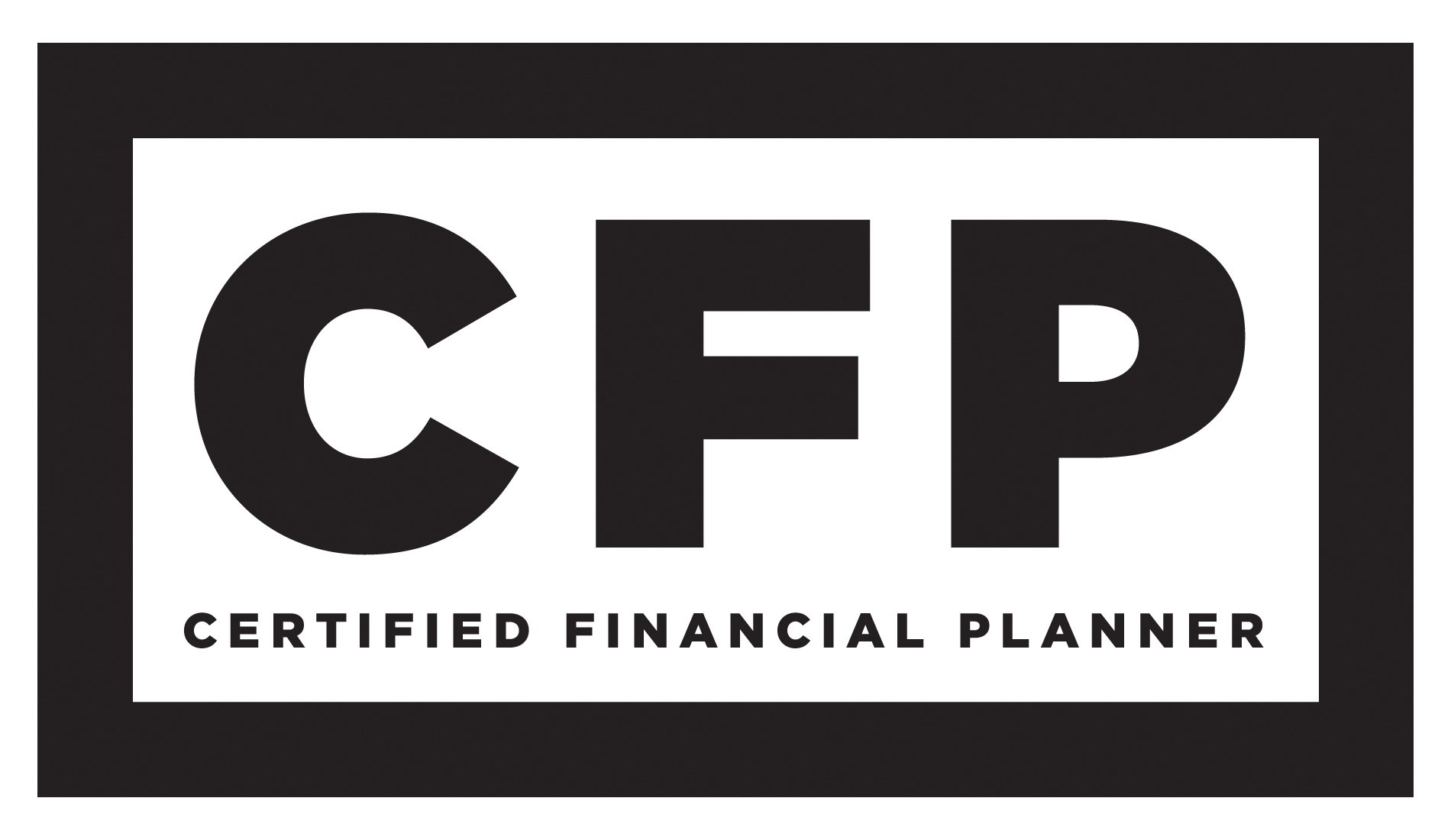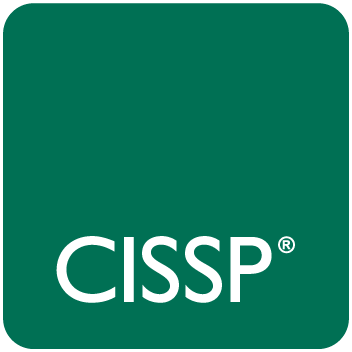The Comprehensive Guide to the Certified Public Accountant (CPA) Exam
Introduction
Welcome to the comprehensive guide to the Certified Public Accountant (CPA) Exam! The CPA Exam is a rigorous and prestigious examination that assesses the knowledge and skills required to become a licensed Certified Public Accountant. This comprehensive guide will provide you with valuable information about the exam, including its purpose, structure, content, scoring, and tips for success.
What is the CPA Exam?
The Certified Public Accountant (CPA) Exam is a standardized examination administered by the American Institute of Certified Public Accountants (AICPA). It is designed to assess the knowledge and skills required for entry-level CPAs to protect the public interest by ensuring the competence and professionalism of accounting professionals.
CPA Exam Structure
The CPA Exam is a computer-based exam that consists of four sections, each focusing on specific areas of accounting and business. The sections are Auditing and Attestation (AUD), Business Environment and Concepts (BEC), Financial Accounting and Reporting (FAR), and Regulation (REG).
CPA Exam Sections
Let's explore each section of the CPA Exam in more detail:
-
Auditing and Attestation (AUD): This section tests your understanding of auditing procedures, professional standards, and ethics. It covers topics such as engagement acceptance, risk assessment, internal controls, and audit reports.
-
Business Environment and Concepts (BEC): The BEC section assesses your knowledge of business concepts and their implications. It covers topics such as corporate governance, economic concepts, information technology, and financial management.
-
Financial Accounting and Reporting (FAR): This section focuses on financial accounting and reporting standards. It covers topics such as financial statement preparation, accounting for business combinations, governmental accounting, and non-profit accounting.
-
Regulation (REG): The REG section tests your understanding of federal taxation, business law, and ethics. It covers topics such as individual and entity taxation, business law principles, and professional and legal responsibilities.
CPA Exam Content
The content of the CPA Exam varies across the four sections. It includes multiple-choice questions (MCQs), task-based simulations (TBS), and written communication tasks (WCT). The exact distribution of question types may vary, but each section generally consists of a combination of these question formats.
CPA Exam Scoring
Scoring on the CPA Exam is based on a scale ranging from 0 to 99. The passing score for each section is set by the AICPA and may vary. The score is a combination of the performance on multiple-choice questions, task-based simulations, and written communication tasks.
Preparing for the CPA Exam
Preparing for the CPA Exam requires a strategic and disciplined approach. Here are some tips to help you prepare effectively:
-
Understand the Exam Structure: Familiarize yourself with the structure and content of each section of the CPA Exam. Understand the weighting of different question types and allocate your study time accordingly.
-
Create a Study Plan: Develop a study plan that outlines your study schedule, including specific topics to cover, practice exams, and review sessions. Set realistic goals and milestones to stay on track.
-
Utilize CPA Review Materials: Invest in high-quality CPA review materials such as textbooks, study guides, and online courses. Choose resources that align with your preferred learning style and provide comprehensive coverage of exam content.
-
Practice with Sample Questions: Practice answering sample questions and task-based simulations to familiarize yourself with the exam format and test your understanding of key concepts. This will help you identify areas that require further study.
-
Take Mock Exams: Simulate the exam experience by taking mock exams under timed conditions. This will help you build stamina, improve time management skills, and assess your readiness for the actual exam.
-
Seek Study Support: Consider joining study groups or engaging with online forums where you can interact with fellow CPA candidates. Discussing concepts, sharing study strategies, and seeking clarification can enhance your learning experience.
-
Manage Stress and Maintain Balance: Exam preparation can be intense, so it's important to manage stress and maintain a healthy work-life balance. Take breaks, exercise, and engage in activities that help you relax and recharge.
Test Day Tips
On the day of the CPA Exam, keep the following tips in mind:
-
Get Adequate Rest: Ensure you get enough sleep the night before the exam to be well-rested and mentally sharp.
-
Arrive Early: Plan to arrive at the testing center well ahead of your scheduled exam time. This will give you time to check-in and familiarize yourself with the surroundings.
-
Read Instructions Carefully: Pay close attention to all instructions provided before starting the exam. Understand the functionality of the exam interface to avoid any technical difficulties.
-
Manage Your Time: Keep track of time during the exam and allocate your time wisely. Pace yourself to ensure you have enough time to answer all questions and review your responses.
-
Stay Focused and Calm: Maintain a positive mindset and stay focused on each question. Avoid dwelling on questions you find challenging and allocate your time wisely.
-
Review Your Answers: If time permits, review your answers before submitting the exam. Check for any errors or omissions that you may have missed initially.
FAQs
-
Q: How long does it take to complete the CPA Exam? A: The CPA Exam is a four-part exam that can be completed within 18 months. However, the time taken to complete the exam may vary depending on individual circumstances and study schedules.
-
Q: How many times can I retake the CPA Exam if I don't pass? A: You can retake each section of the CPA Exam multiple times. However, there are specific limitations on the number of attempts allowed within a given timeframe. Consult your state board of accountancy for the exact retake policies.
-
Q: How long is the CPA Exam score valid? A: The CPA Exam score is typically valid for a specific period, usually a few years. Check with your state board of accountancy for the validity period in your jurisdiction.
Conclusion
The Certified Public Accountant (CPA) Exam is a comprehensive assessment of the knowledge and skills required to become a licensed CPA. By understanding the exam structure, content, and scoring, as well as implementing effective preparation strategies, you can increase your chances of success. Remember to allocate sufficient study time, utilize reliable CPA review resources, and practice with sample questions and mock exams. With diligent preparation, focus, and perseverance, you can confidently approach the CPA Exam and take a significant step toward advancing your accounting career.

 By
By


